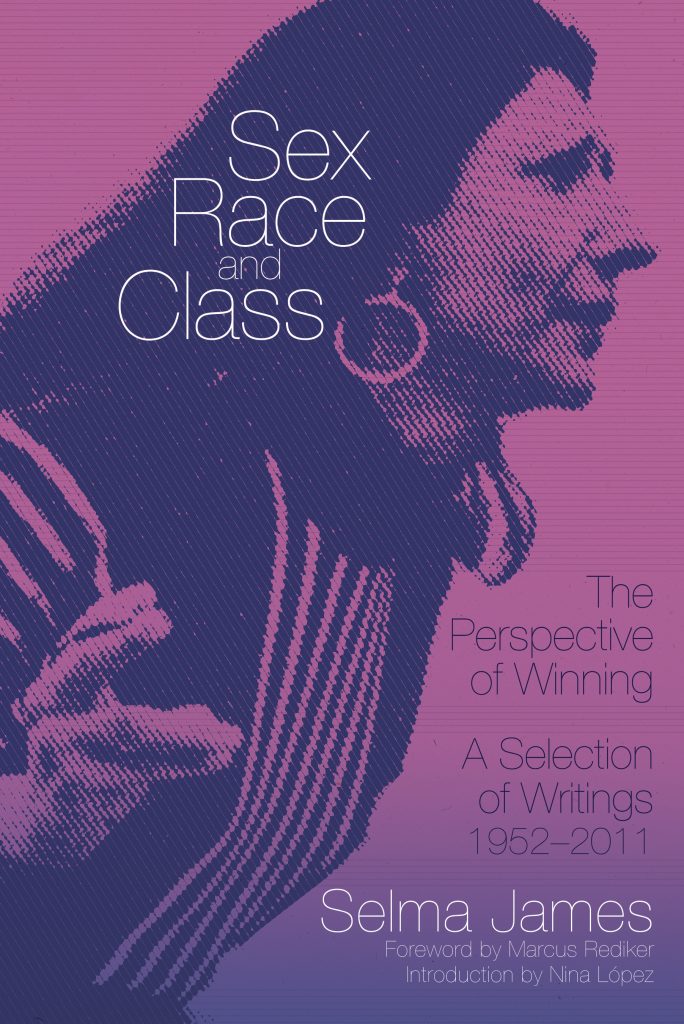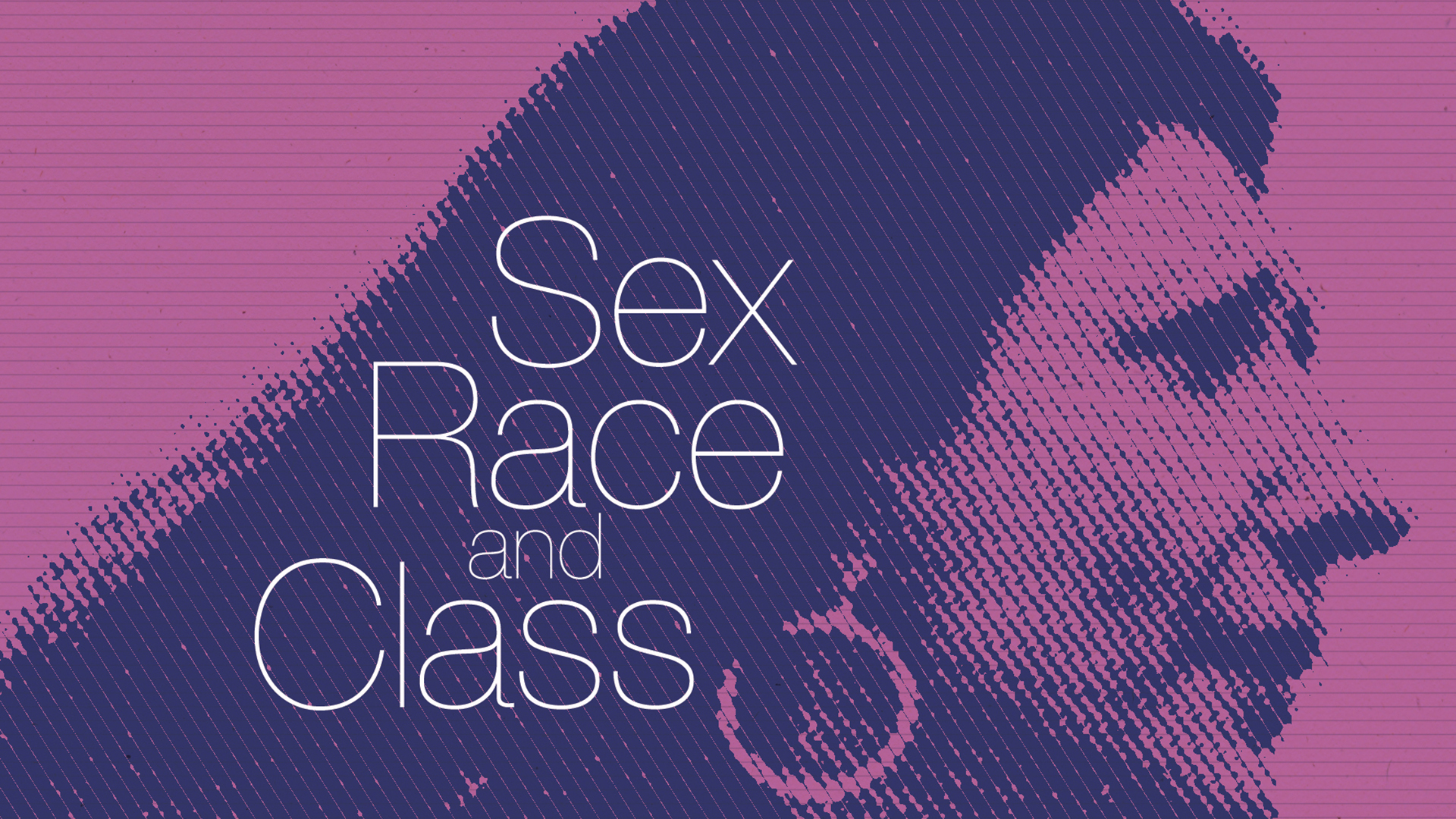
by Seth Sandronsky
Z Magazine
June 2012
Men and women work. But they labor under conditions of coercion. That fact is in force in and out of the home. Both settings are the concern of Selma James, 81, Brooklyn-bred in a Jewish-American, leftist working-class family, and a self-defined activist who writes about the causes and outcomes of a global, gender division of labor.
As a U.S. GOP-led war on the rights of women—especially those who are nonwhite and poor—heats up, James urges us to think more clearly about the meanings and motives of “unwaged labor.” James uses this term for the daily work that females do for the aged, children, and adults. It’s uncounted in national data. However, people of all backgrounds count on such female work in ways big and small. In varied contexts and at many venues, including the UN, James’s output over six decades, Sex, Race, and Class, shines with radical clarity on the economy, humanity, and society. Throughout, she stresses the crucial need to advance a class formation that politically privileges the majority of humanity. Against this backdrop, some people get wages for their work. Then again, some people don’t. Why is this so? How does the wage question shape personal and political relations among and between men and women in the First and Third Worlds?
James tackles this subject head-on. Take her landmark 1952 essay “A Woman’s Place.” In it, she details the roots of a fledgling female revolt against their domestic servitude that consists of daily and unpaid labor time serving the needs of children and husbands. To the end of human liberation from capitalist alienation, James calls for a women’s movement that struggles to avoid exchanging one form of oppression for another. That is, from being unpaid house wives to paid wage-laborers under an employer.
James explains more fully her position in a 1972 book, excerpted in her current collection of writings, The Power of Womenand theSubversion of the Community,
written with co-author Maria Dalla Costa. The same year James launched
the International Wages for Housework Campaign, to compel governments to
direct some of the surplus product (profits from waged workers
sustained by unpaid female labor) from capitalist employers to unwaged
housewives. We read also about her reasons for playing a part in the
emergence of the Global Women’s Strike in 2000. Its mission, in sum, is
to force governing elites to invest in “Caring not Killing.”
James also writes about her working with prostitutes and sex workers, occupying a church.
She also works with revolutionaries in Venezuela where women play an enormous role in and out of their homes, elevating the well being of their communities. An anti-Zionist, James writes of her work with like-minded people opposed to the Israeli government’s oppression of the Palestinian people.
An index would have improved this book of writings by Selma James. But this is a minor quibble in her otherwise stimulating writing on 60 years of practice and thought on how to build a better world for human beings. Hers is a gift of clarifying of ten knotty issues which sprout from the troubling divisions that alienate us from each other, our work and ourselves, in words that people can grasp.






